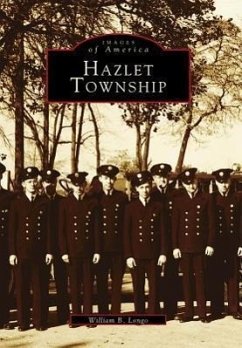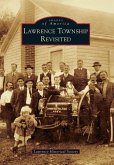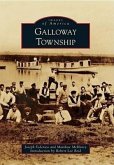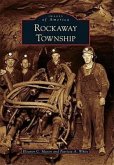Hazlet Township--originally composed of four separate villages known as Hazlet, Mechanicsville, North Centerville, and West Keansburg--celebrates its 150th anniversary in 1998, and this marvelous new book has been created to commemorate that occasion. Residents of Hazlet will learn about the community's development since 1900, and study its most significant period of growth--beginning around 1955. The earliest images contained in this volume illustrate Hazlet's rural past, depicting farms and the rustic character of the township. Other photographs represent the history of the township's municipal and public service centers, such as the post office, railroad station, and fire departments. Following World War II, the township began to lose its village divisions, and Hazlet Township describes this change in detail.








